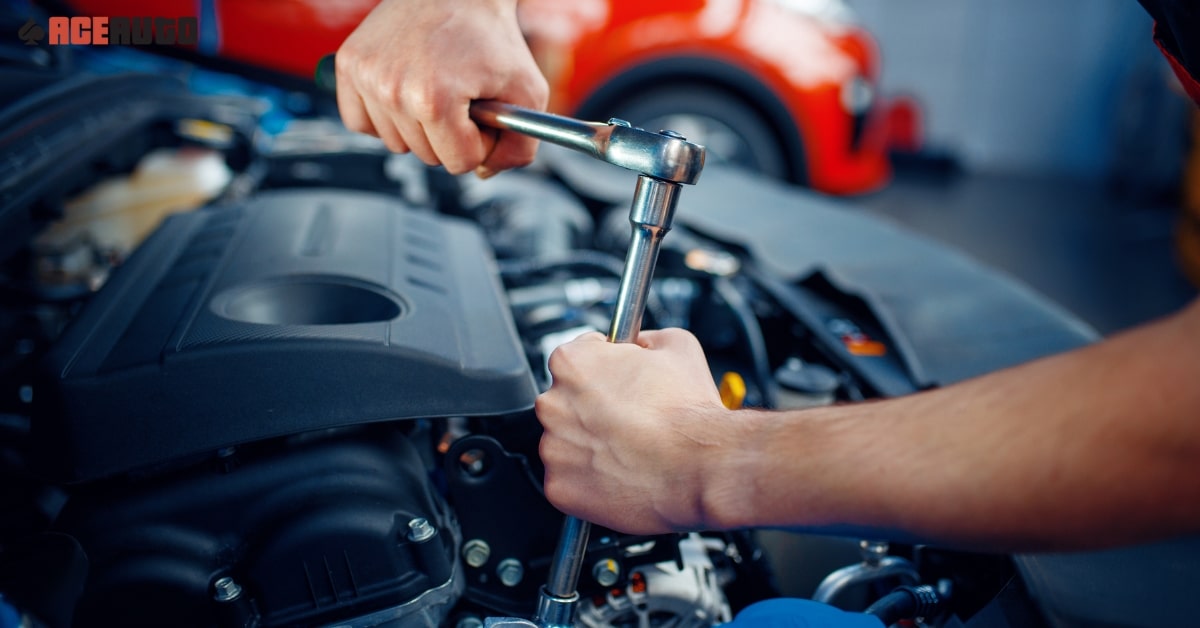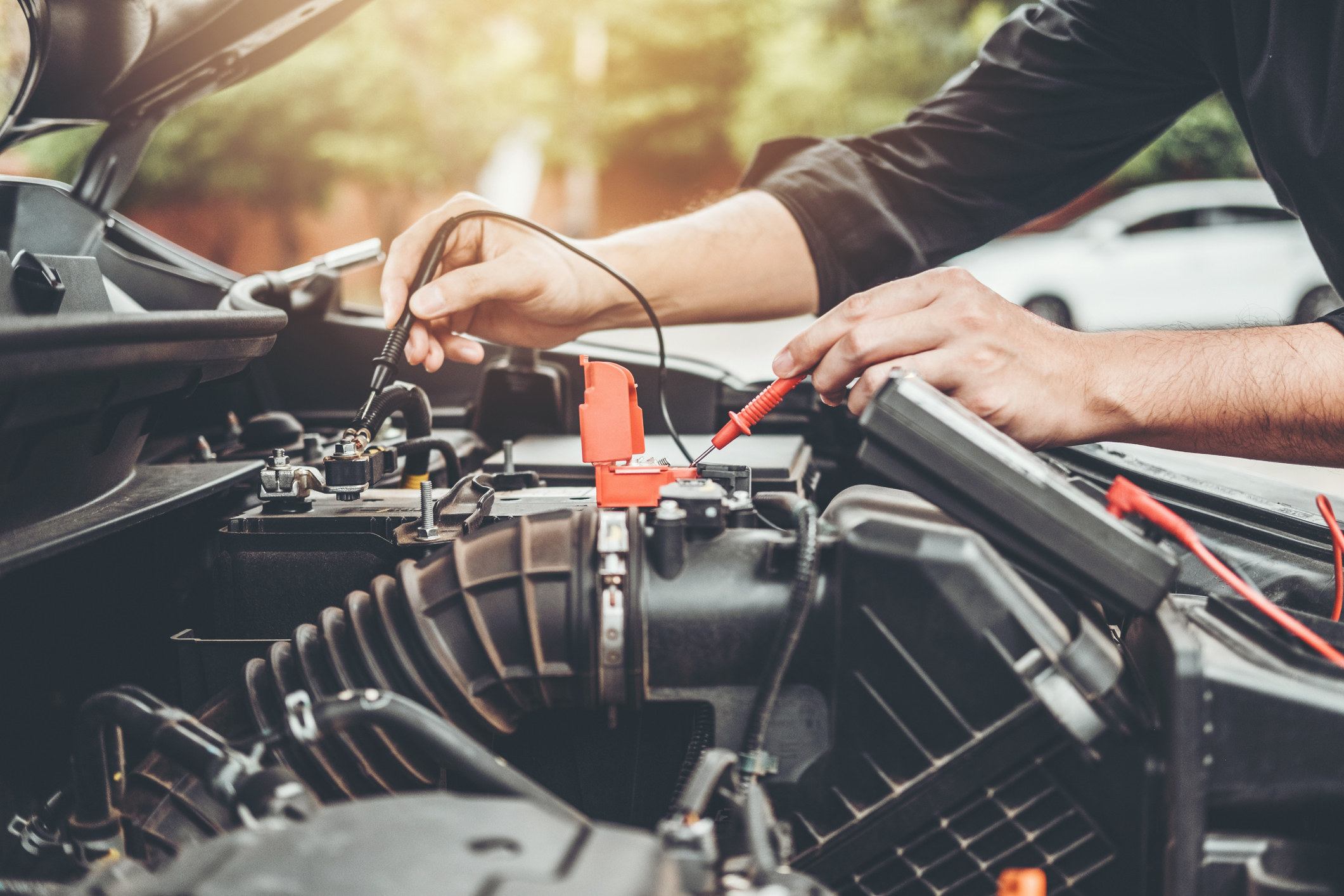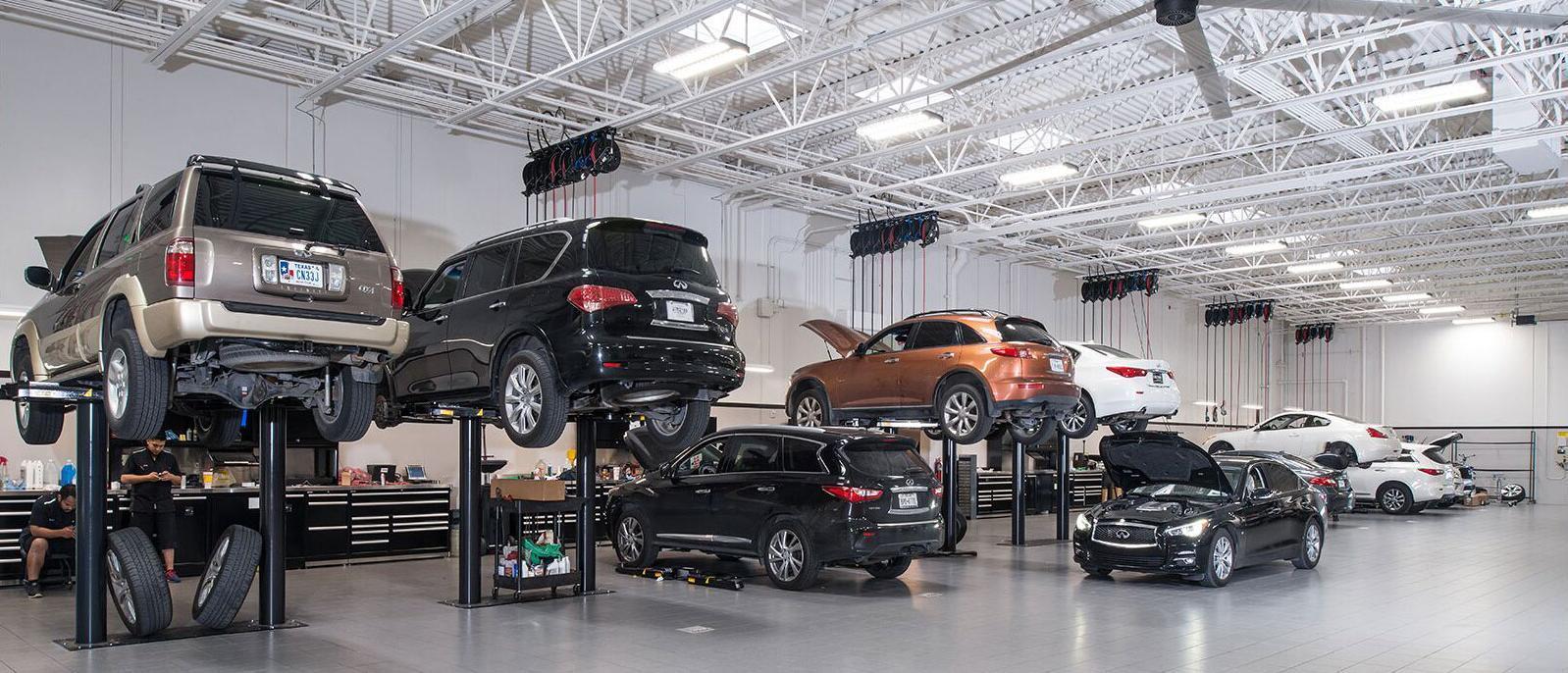All Categories
Featured

Comprehending Diagnostics in Lorry Repair Service: A Key to Effective Upkeep
In today's quickly developing automobile landscape, diagnostics play a critical role in ensuring precise and efficient car repair service. Modern lorries are outfitted with innovative technology, making it crucial for fixing technicians and lorry owners alike to understand the analysis process. By identifying concerns early and correctly, diagnostics can save time, lower costs, and improve the total efficiency of your vehicle.What Are Vehicle Diagnostics? Vehicle diagnostics involve examining your automobile's systems to identify and identify concerns. This process commonly counts on sophisticated diagnostic tools that connect to the automobile's onboard computer system. The majority of contemporary automobiles are outfitted with an Onboard Diagnostics (OBD) system, which checks numerous parts, such as the engine, transmission, brakes, and exhausts.

When something goes wrong, the OBD system records error codes, which are then accessed using an analysis scanner. These codes provide important understandings into the breakdown, allowing professionals to determine the source and recommend proper repair services.
Why Are Diagnostics Important? Precise Concern Identification: Diagnostic tools give accurate details concerning issues within your lorry. Rather than relying upon uncertainty or aesthetic assessments alone, auto mechanics can swiftly identify the precise component or system that requires attention. Time and Cost Performance: Very early discovery of prospective concerns assists avoid costly repairs. Diagnosing a minor trouble with your engine's timing can protect against a lot more significant damage that may lead to engine failure. Boosted Safety: By recognizing problems in critical systems like brakes or airbags, diagnostics ensure your automobile is secure to drive. Ecological Benefits: Appropriate diagnostics can help detect troubles with discharges systems, guaranteeing your cars and truck conforms with environmental guidelines and lessens its carbon impact. The Diagnostic Refine. The procedure usually involves 3 crucial steps: when you take your lorry to a repair work store for diagnostics.
Connecting the Diagnostic Tool: A technician links a specialized scanner to your auto's OBD port. This tool reads mistake codes kept in the car's computer system. Examining the Data: The mistake codes are cross-referenced with producer specs to interpret the issue. For instance, a "P0420" code might show a trouble with the catalytic converter. Checking and Confirmation: To ensure precision, mechanics may perform added examinations, such as evaluating elements physically or running performance tests. Picking the Right Service Center. Not all repair work shops provide the very same degree of analysis expertise. Search for a facility geared up with the most up to date devices and staffed by qualified specialists trained to manage your car's particular make and model. Quality shops typically buy constant training to stay upgraded with innovations in auto modern technology.
Final Thoughts. Understanding diagnostics is crucial for aggressive vehicle upkeep. Routine diagnostic checks can discover surprise concerns, optimize your automobile's performance, and extend its life-span. Whether you're seeing a service center for routine maintenance or attending to a particular problem, accurate diagnostics prepared for reliable repair services.

By focusing on diagnostics, you're not simply fixing your vehicle-- you're investing in its longevity and integrity.
Latest Posts
Very Little Effort, Maximum Sparkle: The Bath Fitter Advantage
Published Apr 21, 25
1 min read
Decorative Iron Fence: Sophistication and Stamina
Published Apr 21, 25
2 min read
Specials & Discounts: Unlock Discounts on Vehicle Maintenance at Montclare Auto Repair
Published Apr 21, 25
2 min read
More
Latest Posts
Very Little Effort, Maximum Sparkle: The Bath Fitter Advantage
Published Apr 21, 25
1 min read
Decorative Iron Fence: Sophistication and Stamina
Published Apr 21, 25
2 min read
Specials & Discounts: Unlock Discounts on Vehicle Maintenance at Montclare Auto Repair
Published Apr 21, 25
2 min read